Perfectly Timed Facebook Post
|
It happens all the time. You post on Facebook, and the post does really well: You get hundreds of shares and comments and thousands of clicks and likes. Awesome! So you jump on the engagement bandwagon and fire off another post. And very little happens, because you posted too soon. You didn't wait until the first post was no longer active. And you wasted an opportunity to further engage your customers. Ninety-five percent of impressions and activity on social platforms happen within the feed, according to PageLever, a Facebook analytics platform that provides real-time data, post scheduling, and page-management tools. That means for any business engaged in social media--which means any business using Facebook, Twitter, Instagram, etc. for marketing and advertising--the feed is the most important place to focus. Because competition in the feed is fierce and only the most relevant content rises to the top, I asked Brendan Irvine-Broque, director of growth at PageLever, for tips on how to perfectly time Facebook posts: Engagement affects organic reach. Relative engagement makes post timing hugely important. When you publish a post, Facebook first displays that post to a small subset of users. If few people engage with the post, Facebook will show it to fewer people. If a lot of people engage with the post, Facebook will show it to many people. Success breeds success. Posts get the majority of their organic reach inside the first hour of being published. This means that post timing is critical--if something posts at a time when the audience is distracted or otherwise engaged, it will reach far fewer people. You must know when your audience is most likely to engage with your content. (Here's a general overview for optimizing a post's timing; a better approach is to use a tool that allows you to determine and understand the habits of your unique audience.) Post timing is often counterintuitive. Facebook is a busy place during weekdays: Most people are at work or at school, reading and sharing news, and tons of Facebook pages are publishing content because that's when the people who manage their pages tend to be working. But think about how you use Facebook. If you're like most people, you probably use Facebook at night. Maybe you sit on the couch and sift through your News Feed. For many companies, the best time to post is not during the middle of the day. Try weekday nights and weekends, when people have more free time. Don't post again until your last post stops reaching people. If you publish a post before your previous post has stopped appearing in user News Feeds, your post may reach dramatically fewer people. Unfortunately, Facebook does not show page managers when their posts are no longer reaching people. But tools exist to help you find out. For example, PageLever Now provides analytics and insights for those first 48 hours. Think like a user, not like a marketer. Think about the type of content that you're posting. Is it short and to the point? If so, it's something you want people to see during the day, when they are busy but still willing to take a few seconds to like, comment, or share. If what you're publishing requires more attention, like a three-minute video, save it for later in the day or evening, or maybe a Friday afternoon or weekend, when people have more leisure time. Build, measure, and learn from your specific results. Every brand, every page, and every audience is different. Real optimization comes from looking at your numbers and determining what does or does not work for your business. If you don't have numbers, you're just guessing; never waste time and resources on a guess. Note: PageLever offers a seven-day free trial. You may be surprised by what you learn--and you have nothing to lose but (possibly) some poorly timed posts. Read more: Jeff Haden learned much of what he knows about business and technology as he worked his way up in the manufacturing industry. Everything else he picks up from ghostwriting books for some of the smartest leaders he knows in business. @jeff_haden |






